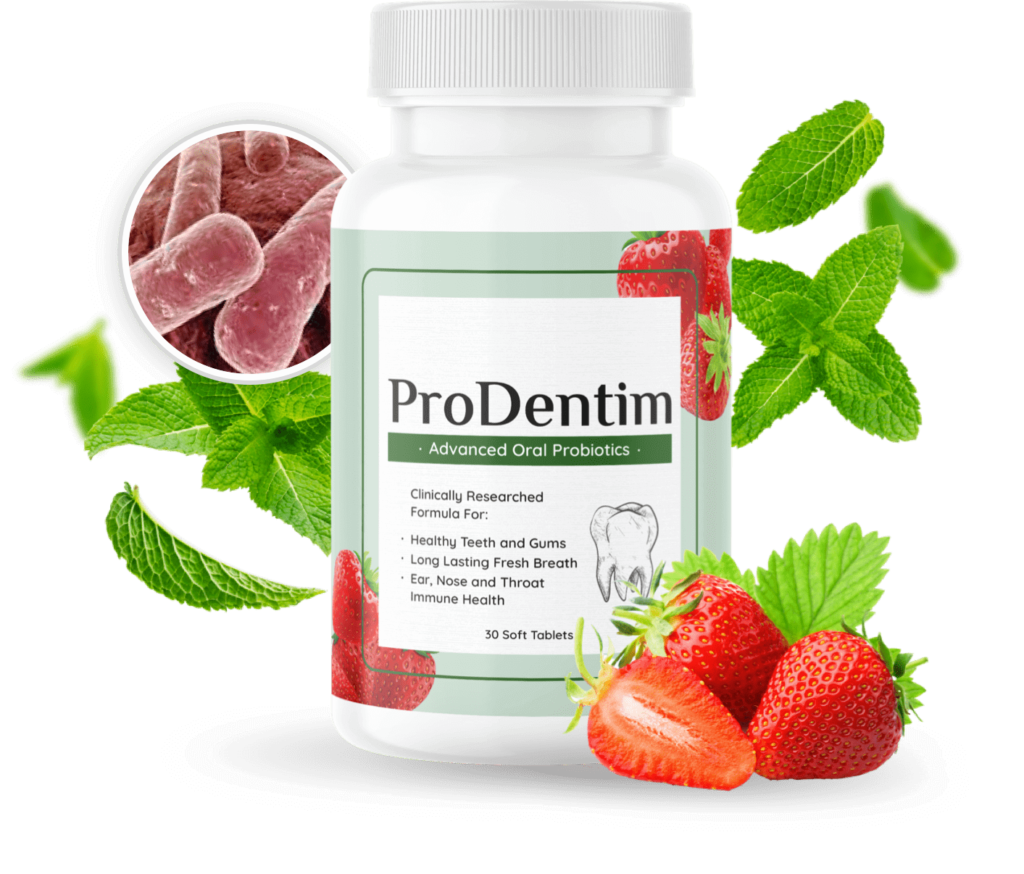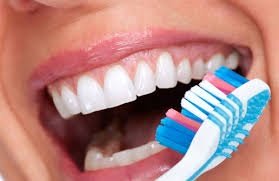A smile is one of the most striking features of a person. Among the various factors that influence dental aesthetics, tooth darkening is one of the most common complaints. Among the culprits for this problem, coffee is often cited as one of the biggest offenders. But does coffee really damage tooth enamel? And how does it affect the color of your teeth? In this article, we will explore the causes of tooth darkening, the impact of coffee on teeth, and how to care for your smile, keeping your teeth healthy and beautiful.
What is Tooth Enamel?
Before discussing the impact of coffee on teeth, it’s important to understand what tooth enamel is. Enamel is the outer layer of teeth and is the hardest substance in the human body. It is primarily composed of minerals like hydroxyapatite and serves to protect the dentin, which is the inner layer of teeth, more sensitive and vulnerable to wear.
Although enamel is extremely tough, it is not invulnerable. It can be damaged by various factors, including the consumption of acidic foods and drinks, aggressive brushing, poor oral hygiene, and of course, prolonged exposure to substances that can stain teeth, such as coffee.

Does Coffee Really Darken Teeth?
Coffee is one of the most consumed beverages in the world, and for many, it is a daily pleasure. However, the relationship between coffee and tooth darkening is a topic that raises many questions. Coffee contains compounds called tannins, which are natural substances found in several beverages, such as tea and wine, and have the ability to adhere to the surface of teeth, causing stains. These compounds can attach to enamel and alter its color over time.
But does coffee directly cause enamel wear? The answer is a bit more complex. While coffee is not acidic enough to directly wear down enamel, it can contribute to the process of tooth darkening. This primarily occurs due to the combination of tannins and the acidic pH of coffee, which can make teeth more susceptible to staining.
How Does Coffee Affect Tooth Color?
When we drink coffee, it can affect the color of our teeth in two main ways:
- Adherence of substances to enamel: As already mentioned, coffee contains tannins that, when they come into contact with teeth, can bind to enamel and cause surface stains. These stains are most noticeable on the more porous areas of the teeth, such as between them or in the fissures.
- Alteration of enamel texture: Regular coffee consumption can, over time, affect the surface of the enamel, making it rougher and more porous. This can make it easier for substances that cause staining, like coffee itself, as well as other foods and drinks that can darken teeth, such as red wine and tea, to adhere to the enamel.
In addition, the habit of consuming coffee with a lot of sugar or sweeteners can also exacerbate tooth darkening. Sugar is one of the main culprits for cavities, which can damage enamel and contribute to the formation of stains. Therefore, if you can’t give up coffee, try to consume it without sugar or in smaller quantities.

Does Coffee Wear Down Tooth Enamel?
While coffee can cause stains, the impact on tooth enamel is not as significant as other factors, such as the excessive consumption of acidic foods or improper brushing. However, it is important to note that coffee can be an indirect factor in enamel wear, especially when consumed in large quantities or when oral hygiene is not well maintained.
In many cases, coffee, being an acidic beverage, can contribute to dental erosion. When consumed in large amounts and without adequate precautions, coffee can lower the pH in the mouth, making it more acidic and, over time, wearing down tooth enamel. This primarily happens if a person does not brush their teeth correctly or fail to take measures to neutralize the acidity in their mouth.
How to Prevent Tooth Darkening Caused by Coffee?
If you’re a coffee lover and don’t want to give up your daily cup, there are several steps you can take to minimize its impact on the color of your teeth and protect tooth enamel.
- Brush your teeth after drinking coffee: Regular brushing is one of the most effective ways to prevent tooth darkening. However, it is important to wait about 30 minutes after drinking coffee before brushing your teeth. This is because, as coffee can make the pH of the mouth more acidic, brushing your teeth immediately after consumption may be abrasive to the enamel, which is temporarily weakened.
- Use a whitening toothpaste: There are specific toothpastes that help remove surface stains and maintain healthy enamel. When used correctly, these products can help prevent tooth darkening caused by coffee.
- Drink with a straw: A simple but effective tip is to drink coffee with a straw. This reduces the direct contact of the liquid with your teeth, decreasing the chance of staining.
- Avoid adding too much sugar to your coffee: Sugar is one of the main enemies of teeth. In addition to promoting the growth of cavity-causing bacteria, it can also contribute to staining buildup. If possible, try to drink coffee without sugar or with natural sweeteners.
- Get regular professional cleanings: Professional cleanings performed by a dentist are essential to remove stains that accumulate over time. During a dental visit, the dentist can perform a procedure known as prophylaxis, which removes tartar and deeper stains from the teeth, keeping your smile brighter.
- Hydrate with water after coffee: Drinking water after coffee helps neutralize the pH of the mouth, preventing the buildup of acids that can damage enamel. It also helps keep the mouth hydrated, which is essential for oral health.
- Use teeth whitening treatments: If you already notice your teeth becoming darker due to coffee consumption, you can resort to teeth whitening treatments. There are different options, such as at-home whitening with specific gels or professional whitening performed by a dentist. Teeth whitening can be a good option to restore the color of your teeth, but it should be done with professional guidance to avoid damaging enamel
- Prodentin is an excellent choice for those who seek to keep oral health up to date. With daily use, it helps prevent cavities, fights plaque, keeps breath fresh and protects the gums. If you don’t use Prodentin yet, try incorporating it into your oral hygiene routine

Conclusion
Coffee, like many other substances, can indeed contribute to tooth darkening. This primarily happens because of the tannins in coffee, which attach to tooth enamel and cause surface stains. However, coffee does not directly wear down enamel, although it can, in some cases, exacerbate the process of dental erosion if consumed in large quantities without proper care.
To keep your smile healthy and beautiful, it’s important to adopt good oral hygiene habits, such as brushing your teeth regularly and avoiding excessive consumption of sugary coffee. In addition, there are various care options and treatments, such as using specific toothpastes, teeth whitening, and professional cleanings, that can help minimize the effects of coffee on teeth.
Therefore, there is no need to give up coffee, but it is essential to be aware of the necessary precautions to maintain oral health and preserve the natural color of your teeth. With the right approach, it is possible to continue enjoying this beloved beverage without compromising the health and aesthetics of your smile.


